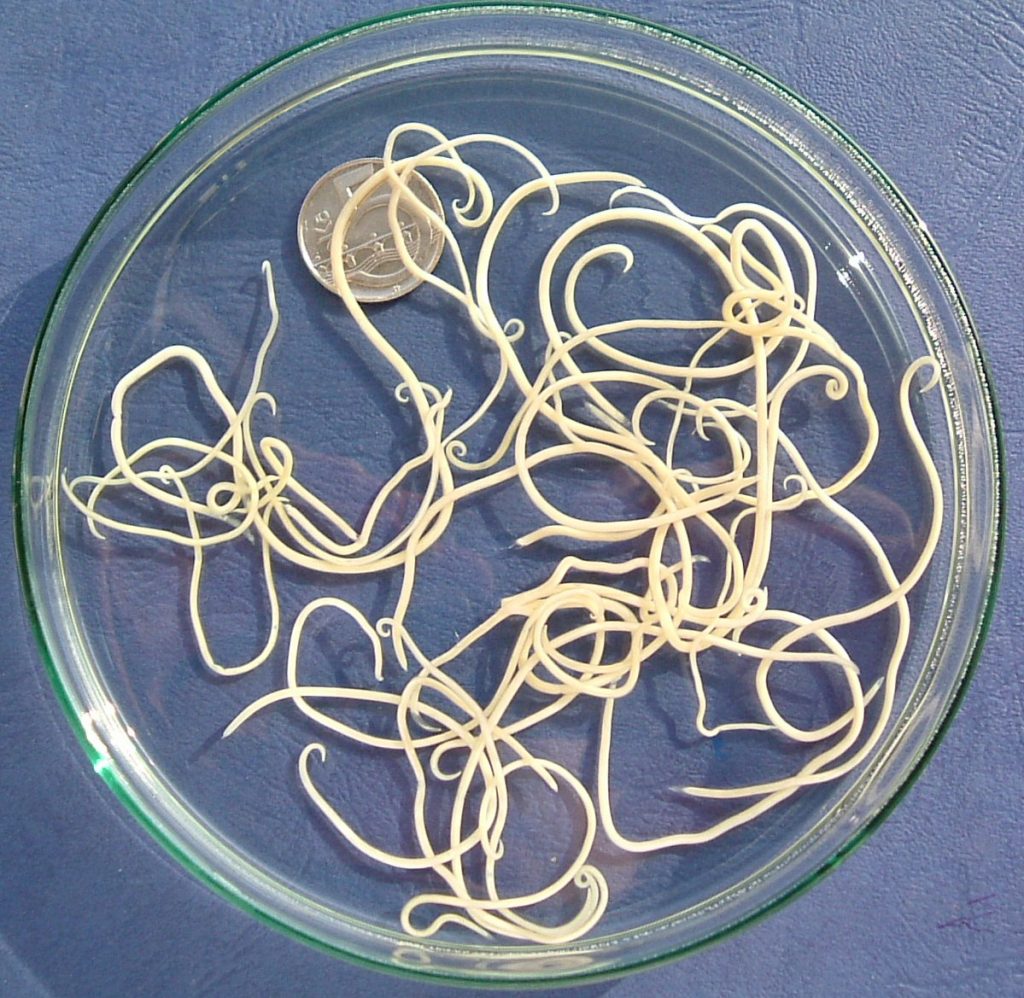“Should I deworm my pet if it stays indoors most of the time?” “Is it even necessary to deworm my pet on a regular basis?” These are common questions lurking in most pet owners’ mind. And it is no surprise since keeping our pet’s health in tip-top shape is part of what pet parenting is all about. But if you own a dog or a cat, yes, deworming is in fact an important preventive care regime that should be practised. Here’s why!
Why Is Deworming Important?
Although nasty parasitic worms are pretty common in dogs and cats, this matter is not something to be overlooked. Generally, puppies and kittens are most susceptible to these parasites, which can be easily passed on from their mothers through her milk or placenta. As a result, they may become sick and suffer from growth retardation. Additionally, failing to deworm your pet on a regular basis will give way for infestations, which may lead to gastrointestinal problems, diseases, and even death. Also, these parasites are transmittable to humans. This is why it is essential that we keep a consistent deworming schedule for our pets in order to keep our beloved ones and ourselves safe.
Types Of Intestinal Parasites

Toxocara canis or dog roundworm is found worldwide
Intestinal worms common amongst household pets are roundworms, hookworms, tapeworms, and whipworms. These parasites can be found in soil, grass, contaminated water, and more. So it is very easy for your pets to contract them during their daily explorations. Furthermore, pets that like to scavenge and hunt or groom themselves have a higher risk of ingesting these pesky worms. Again, mothers can transmit these parasites to her litter during nursing or to her unborn babies through the placenta. Therefore, it is recommended that you regularly deworm your furry companion to prevent any overload of worms that could lead to serious health issues.
How Do I Know If My Pet Has Worms?
On occasions, infected pets – especially healthy ones – do not display any signs of having intestinal parasites. However, if your pet is having an infestation, symptoms such as the following may be present, depending on the severity:
- Diarrhoea
- Vomiting
- Weight loss
- Distended belly
- Change in appetite
- Rubbing rear end on the floor or against objects
- Poor coat health
- Anaemia
How To Deworm My Pet?

Deworming medication is commonly available at vets and pet stores
There are many types of products available on the market, and fortunately, they are easily accessible and do not require a prescription from the vet. However, you should read product labels for proper dosages to ensure effectiveness. Types of dewormers include chewable tablets, liquid formulas, or powder. You can purchase them at your local pet store or at your trusty veterinary clinic. But take note that if your pet is showing symptoms that are severe and you are not sure on the proper steps to take, it is always best to consult with your veterinarian for appropriate treatment.
How Often?
To keep your puppies and kittens safe, it is advised that they get their first deworming at around 2 weeks of age, and continually wormed every 2 weeks until they are weaned (at around 12 weeks of age). After that, monthly deworming until 6 months of age. Owners should then practice regular deworming for their pets every 3 months for effective protection. Or monthly deworming in cases where your pet frequently hunts, have high interactions with other pets at parks or kennels, or is constantly exposed to young children and senior adults.
What Happens If You Deworm Your Pet?
When given the right dose of deworming product, these parasitic worms will be killed. In some instances, you may see them coming out of your pet’s rear end or hiding out in your pet’s waste. But don’t worry. As terrifying as it sounds this is a pretty normal scenario and these worms will eventually die off.
Also, some pets, especially younger ones, may experience mild side effects such as lack of appetite, diarrhoea, or vomiting. Again, this is not a cause for concern, as they will usually recover in a few days. But keep in mind that dewormers eradicate existing worms only and do not prevent your pet from contracting additional parasites after treatment. But if you do deworm your pet regularly, it significantly reduces the chance of potential health risk in your pets.
Are There Any Natural Remedies?

Garlic is a common natural remedy for deworming pets but is not proven to work scientifically
Yes, there are natural alternatives that can be considered if you are not too keen on giving over-the-counter medication in treating worms in your pet. Pumpkin seeds, garlic, coconut, apple cider vinegar, or turmeric are just some of the food products that are recommended.
However, these ‘natural dewormers’ may not be as effective compared to deworming products manufactured specifically for pets. This is because there is no evidence proving the efficacy of these natural options. But now that we have established that intestinal parasites can pose a great health danger to our pets, treating these parasites should be taken seriously. In this case, it is advisable to rely on products that have been tested and proven to be effective – such as deworming products that are sold at veterinary clinics and pet stores.
Final Thoughts On Deworming
Simply put, parasites are everywhere in the environment and it is impossible to avoid them entirely. But simple things like a quick wipe down of your pet’s body and paws with a damp cloth or wet wipes after they return from the outdoors can be helpful. Washing your hands thoroughly with soap after petting your pets or picking up their poo can also reduce your pet’s and your home’s exposure to parasitic worms while lessening the likelihood of transmission of these pests to you. But of course, putting your pet on a regular deworming schedule is your best bet in keeping these pesky worms at bay for the safety and health of your beloved bud and you!

